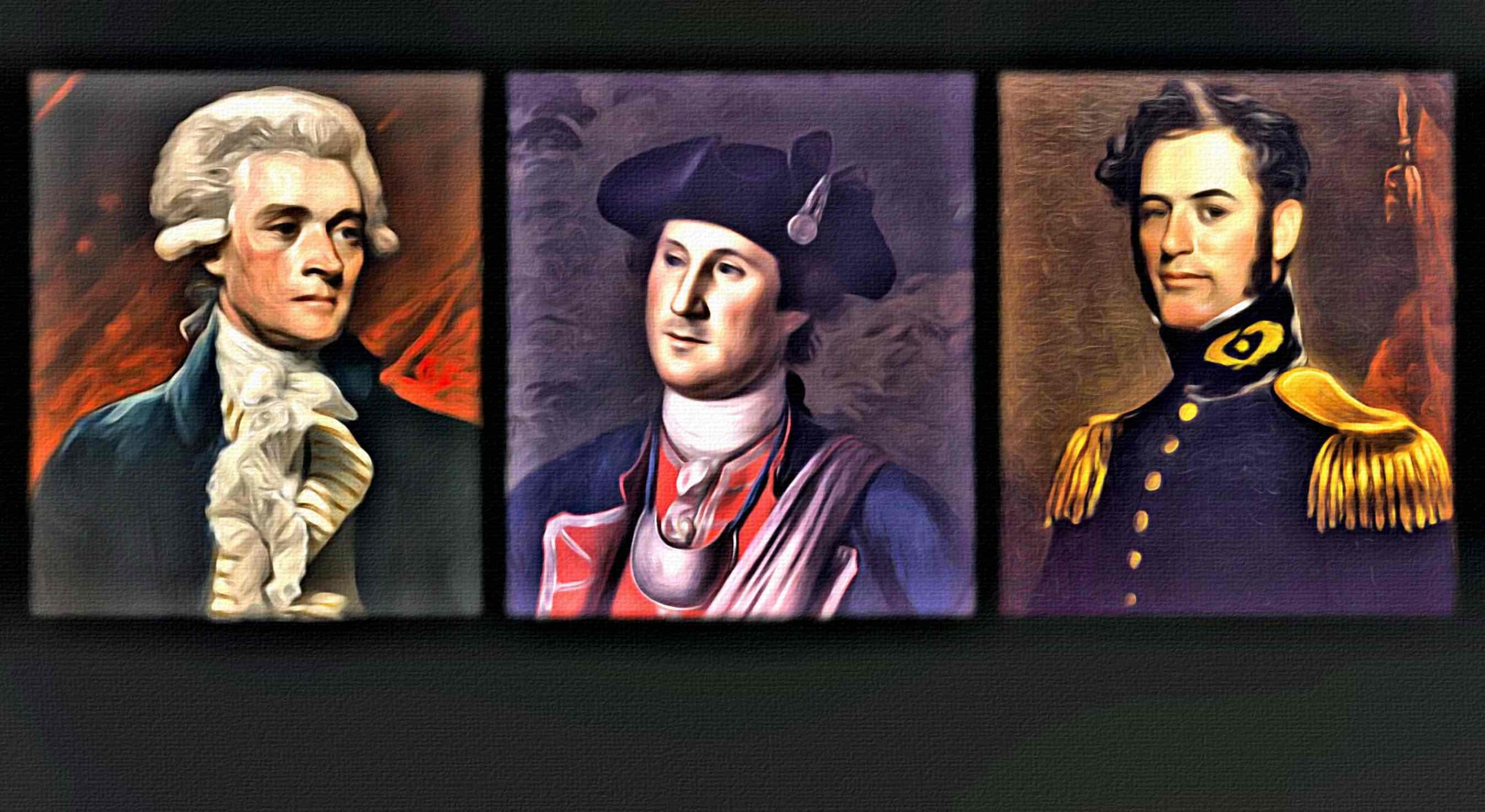If your alma mater began in the 18th century, you probably know cancel culture has declared war on historic associations that offend modern self esteems. To wit, Princeton, Virginia, Washington and Lee (W&L), and Yale are besieged to act with immediacy to end institutional racism; thereby proving themselves moral. I give you the 11th Commandment: thou shalt have no false white idols before thee.
The false white idols at W&L are George Washington and Robert E. Lee, who are now barriers in the quest for diversity because statues (Lee) and names (Robinson) discomfit black constituents. This is the opinion of 80% of the faculty, who are ashamed of Lee; their case made by Toni Locy in The Nation. Of course, she has the right to pen opposition research to smear Lee, but is it right to retry a man the nation has legally forgiven?
Surely, Ms. Locy knows Lee abided by General Grant’s terms of surrender: “not take up arms against the Government of the United States.” Grant’s orders to his army were unambiguous: “the war is over [and] the rebels are our countrymen again.” Lee signed President Johnson’s amnesty oath, and Congress jointly resolved 407-10 to restore Lee’s full rights of citizenship in 1975. Moreover, the faculty and trustees, who actually knew Lee, honored him by renaming the school.
Some ideals, such as abiding by US laws and respecting the official acts of trustees, supersede the fleeting opinions of time-bound administrators and faculty. After all, 270-year-old W&L did evolve from all-Christian, all-male, and all-Southern without condemning past contributions and philanthropy that compounded into the great endowment and reputation of today. I’d argue Ms. Locy’s un-forgiving and un-grateful heart is a bigger threat to W&L than its links to Lee.
Most Americans believe inclusion promotes community and racial diversity prepares students for the real world, but are less certain that addition through subtraction is the solution. Therefore, W&L officials should first define “safe space” and quantify “diverse enrollment” before insisting they are just that right and the ancients were just that wrong. Take Allison Bell (associate professor), who believes a name defines “who we are” and “who we want to be.” Really?
If Non Incautus Futuri (not unmindful of the future) still defines W&L graduates, Ms. Bell should stick to preparing students for a sharp-elbowed world, in which tribalism is now a marketing construct. It’s a naive thinking trap to think a “safe” campus is always stress-free, if the goal is to produce self-regulating adults. If students are discomfited by reminders of their “otherness” on campus, good luck doing business in Africa, Asia, Europe, Latin America, and the Middle East.
When educators present diversity as a destination, they are mismanaging what’s actually a journey. Right now, collegefactual.com reports that W&L’s overall diversity score (79) exceeds the national average (61), but W&L’s ethnic diversity score (40) is below the national average (46). The question is not about the journey to more diverse enrollment, but the spirit of it. An optimist accentuates W&L’s (many) positives and doubles recruiting trips into minority school districts. A pessimist sees names and statues as insurmountable.
The W&L of my day preserved core values, beginning with a mission to educate the mind – not comfort secret self esteems. Students can learn from a dog with a note that Elizabeth I beheaded her cousin. That hasn’t stopped Oxford dons from teaching why her reign is known as the Golden Age. The lesson here is simple: President Lee’s sins are the history of Reconstruction and forgiving him for his sins is proof the arc of the moral universe bends toward justice (MLK).
None of the aforementioned schools is in a self-survival crisis: not with many applicants, big endowments, generous alumni, and high rankings in both the Princeton Review and US News. Trustees should remember this and ignore the angry mob that promotes humiliation and division, and act with magnanimity toward the past. Force brilliant teachers and administrators to lean forward with aspiration for the future and approbation of the past, because schools cannot cut their way to greatness.
